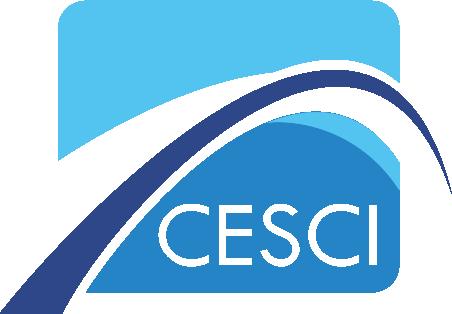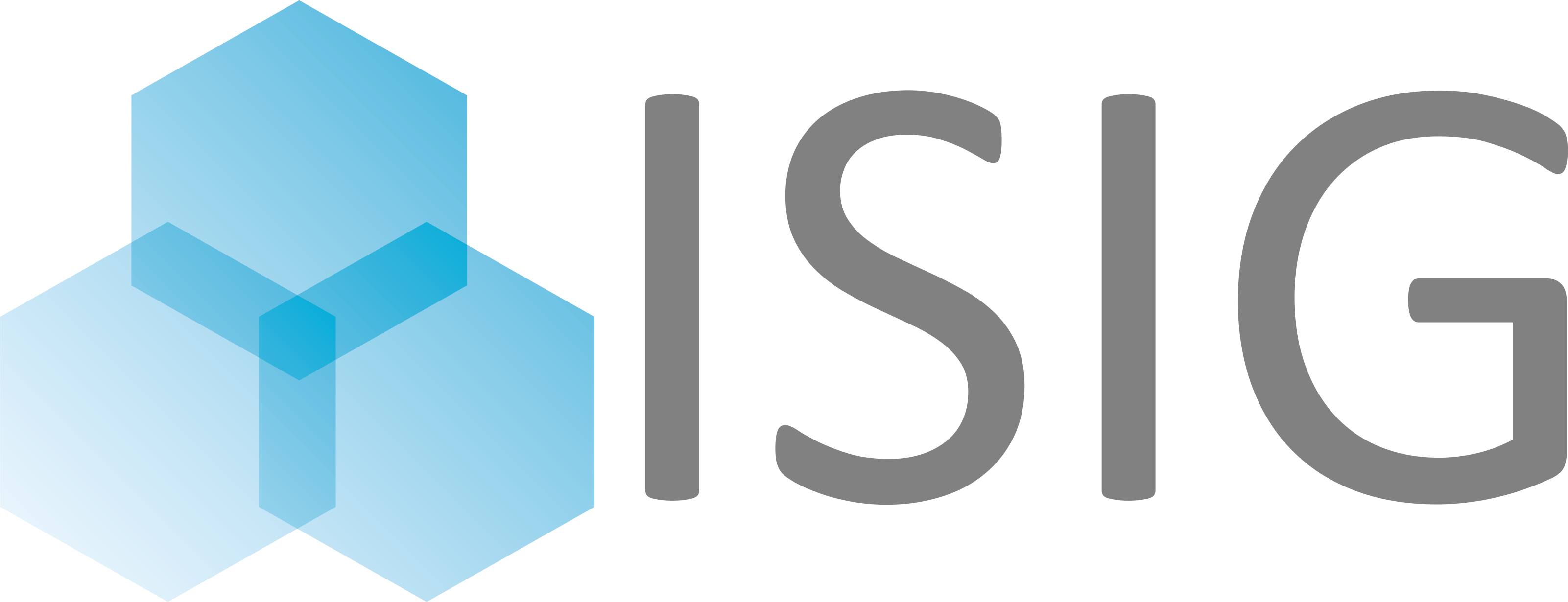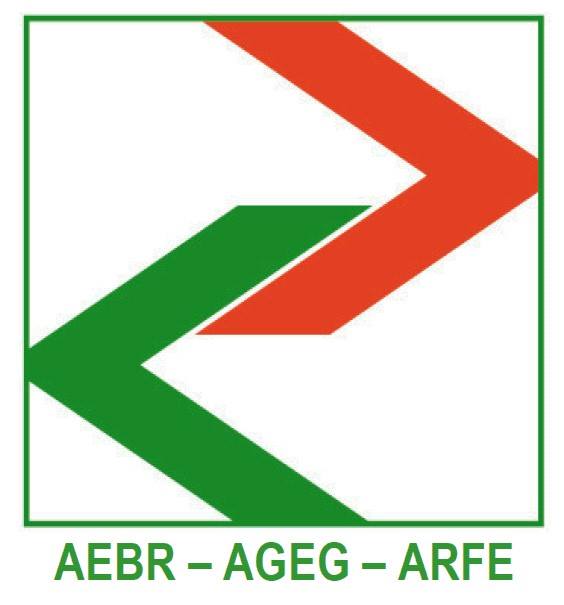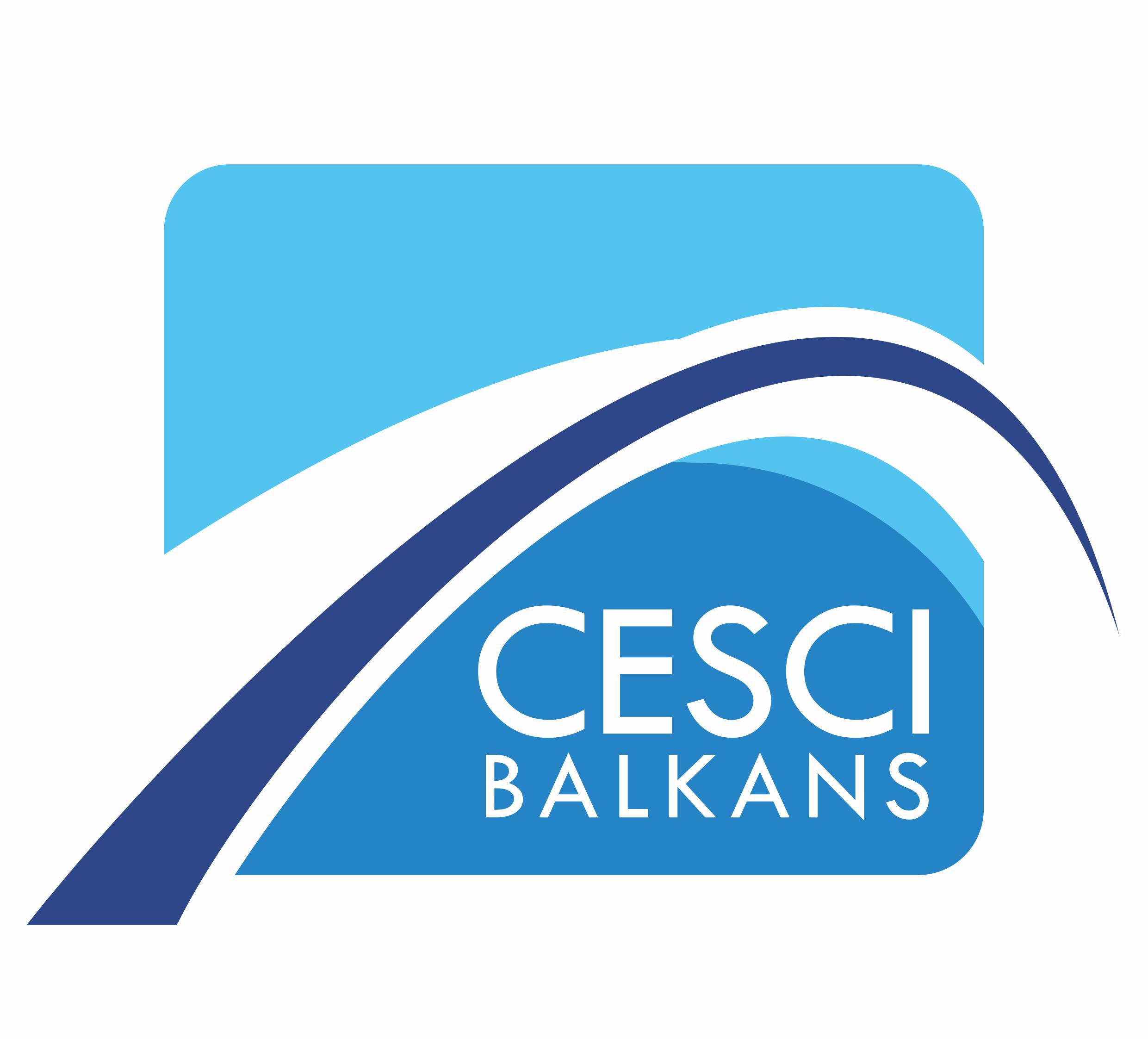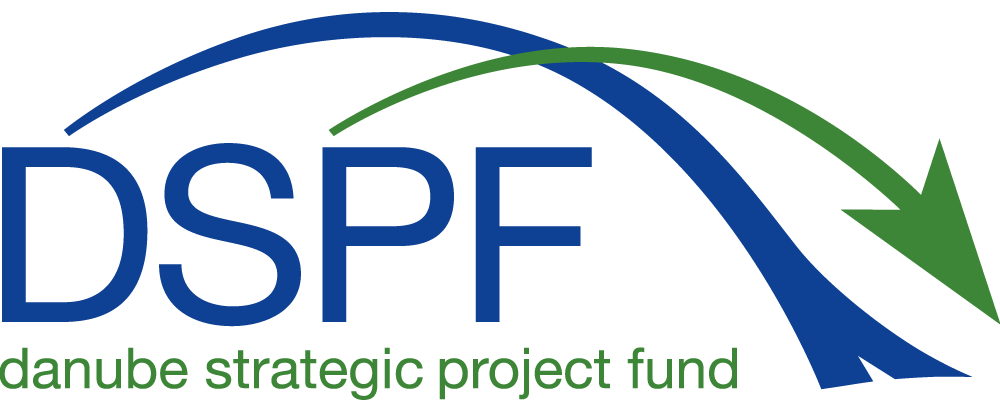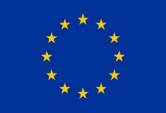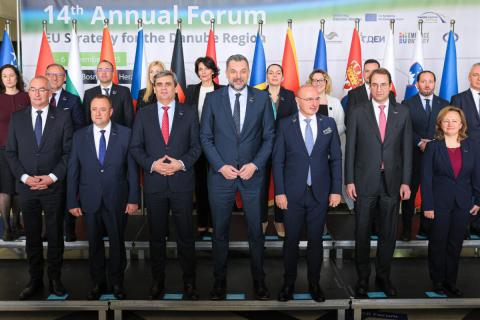
On 5 November 2025, in Sarajevo, Bosnia and Herzegovina, the Foreign Ministers of the Danube Region adopted the Sarajevo Danube Declaration, reaffirming their collective dedication to regional unity, stability, and a shared European future.
The Ministers emphasized that 2025 marks a pivotal moment for the Danube Region, which stands at a significant geopolitical crossroads. While notable progress has been achieved in advancing European integration and economic resilience, the Region continues to confront security threats, demographic challenges, and uneven development. They stressed that reinforcing unity, accelerating enlargement, and deepening regional cohesion remain key priorities.
Building on the achievements of the Vienna Danube Declaration (2024), the Ministers reiterated their resolve to shape the Danube Region into a space of growing cooperation, stability, and shared European values. They recognized the EU Strategy for the Danube Region (EUSDR) as a vital framework that brings together EU Member States and candidate countries to tackle common challenges and pursue joint objectives.
The Ministers underscored the importance of multilateralism, dialogue, and trust-building as cornerstones of lasting peace and security. They condemned Russia’s war of aggression against Ukraine, expressing unwavering solidarity with the Ukrainian people and reaffirming support for Ukraine’s sovereignty, independence, and territorial integrity. They also denounced missile and drone strikes on Ukraine’s Danube infrastructure and restated their backing for the Republic of Moldova’s sovereignty and stability.
Recognizing the Danube River as a critical logistical corridor, the Ministers pledged continued efforts to safeguard and enhance freedom of navigation. They also welcomed the agreement on the first phase of the Comprehensive Plan to end the Gaza conflict, reaffirming their commitment to achieving a comprehensive, just, and lasting peace based on the two-state solution.
The Ministers reiterated that advancing EU integration remains a strategic priority and a key driver of peace, prosperity, reform, and reconciliation. They called for a credible, merit-based, and predictable enlargement process, acknowledging each country’s individual progress. The Danube Region, they noted, stands as a model of macro-regional cooperation, bridging the EU with its candidate countries and reinforcing the EUSDR’s role as a mechanism for gradual integration.
They also highlighted the urgent need for stronger collaboration in civil protection, border management, migration governance, and climate resilience, and underlined the value of investing in education, youth, and innovation. The work of the Danube Youth Council (DYC) and the Danube Youth Organisations Network (DYON) was commended for strengthening participatory democracy and fostering a shared regional identity.
Furthermore, the Ministers reaffirmed their dedication to sustainable tourism, biodiversity conservation, the circular economy, and the European Green Deal. They stressed that energy interconnectivity, digital transformation, and improved transport infrastructure are essential for competitiveness and sustainable growth. The Ministers called for integrating EUSDR priorities into future EU funding programmes and for a stronger involvement of the European Commission in shaping the next EU Cohesion Policy cycle.
Finally, the EUSDR Ministers expressed their gratitude to Bosnia and Herzegovina for its leadership during the 2025 EUSDR Presidency and extended warm congratulations to the Republic of Bulgaria as it assumes the Presidency for 2026. They concluded by reaffirming their shared vision of a more united, secure, and prosperous Danube Region.
Full text available: Joint Statement of the Danube Foreign Ministers

